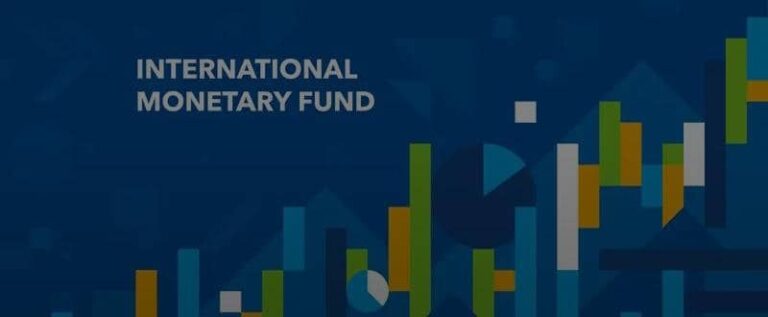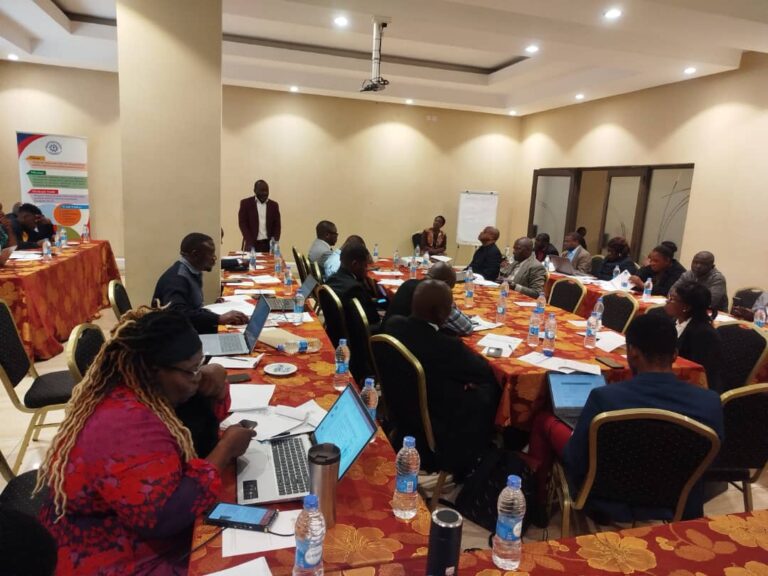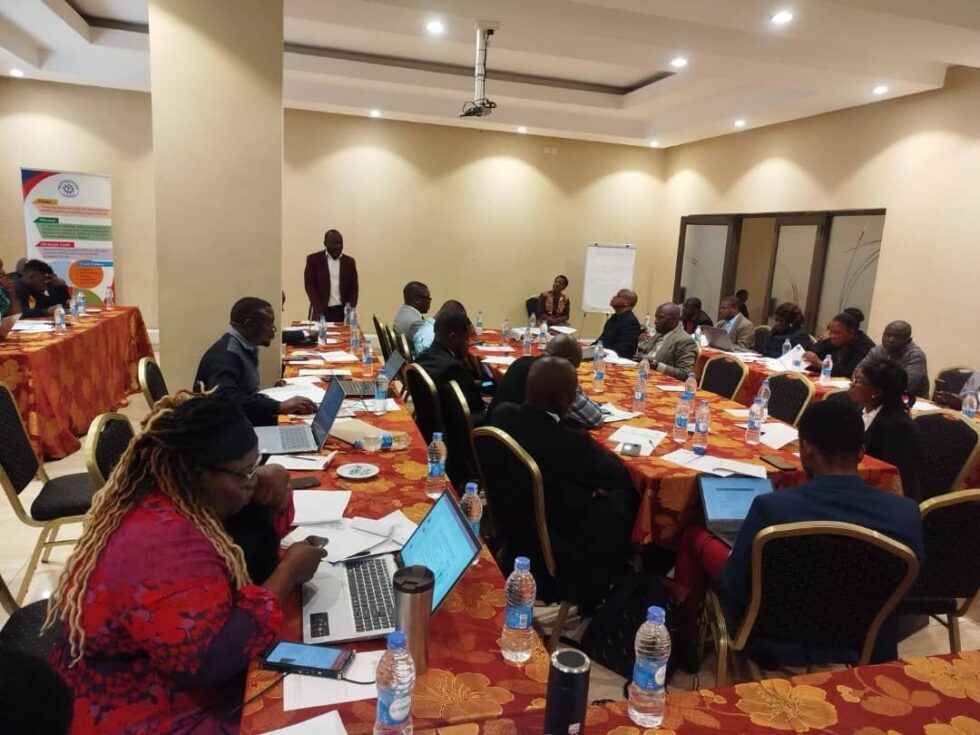By Burnett Munthali
The International Monetary Fund (IMF) and the Economics Association of Malawi (ECAMA) have expressed growing concern over the country’s ballooning public debt.
According to recent assessments, Malawi’s debt levels have reached unsustainable levels, posing a serious threat to economic stability and long-term development.

The IMF warned that unless bold fiscal reforms are implemented, the country risks defaulting on its obligations and losing investor confidence.
In its latest review, the Fund emphasized the need for prudent public spending, improved revenue collection, and stronger debt management mechanisms.
ECAMA, Malawi’s leading economic think-tank, echoed similar sentiments during a recent policy dialogue in Lilongwe.
The association highlighted that continued borrowing without clear repayment strategies was eroding fiscal space and crowding out essential social investments.
ECAMA President, Chimwemwe Chipungu, urged government authorities to prioritize expenditure efficiency and halt non-productive borrowing.
He added that transparency in loan agreements and accountability in project execution must be central to public financial management.
Both institutions warned that debt servicing is now consuming a significant portion of the national budget, leaving little room for developmental projects and critical public services.
The IMF further cautioned against the use of commercial loans with high interest rates, urging Malawi to rely more on concessional financing.
Civil society organizations have also joined the chorus, demanding that the government disclose the full extent of its domestic and external debt portfolio.
Meanwhile, the Ministry of Finance has acknowledged the challenges but insists that the borrowing is necessary to support key infrastructure and recovery programs.
However, economic analysts argue that without discipline and structural reforms, Malawi may fall deeper into a debt trap with painful consequences for future generations.
As pressure mounts, stakeholders are calling for a national dialogue on debt sustainability, transparency, and fiscal responsibility.
With elections around the corner and public spending under intense scrutiny, the government’s ability to manage the debt crisis may prove crucial to Malawi’s economic future.









